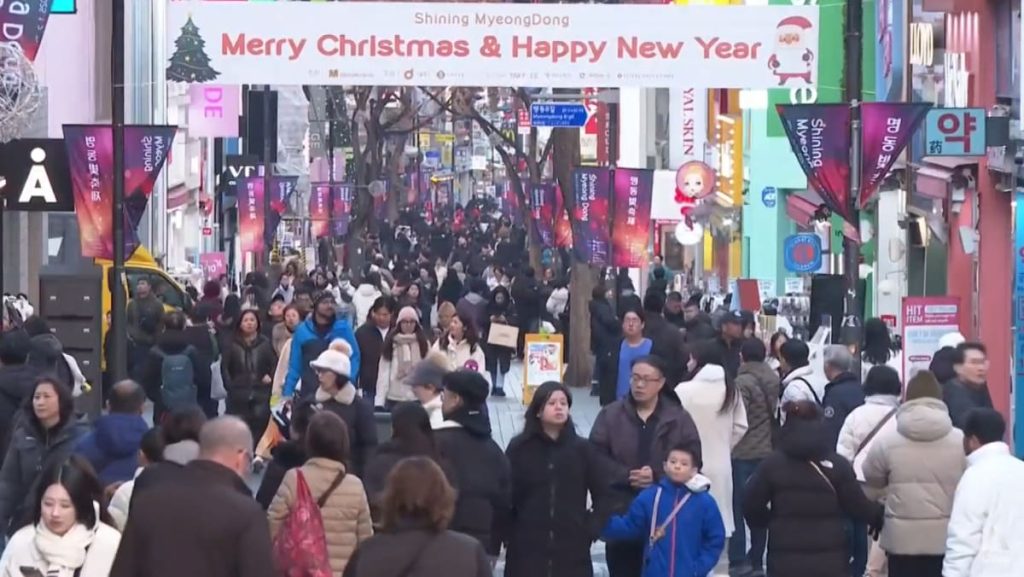The sudden and dramatic attempt by South Korean President Yoon Suk-yeol to suspend civilian rule and impose martial law has triggered a political earthquake, plunging the nation into its most severe crisis in recent memory. Yoon’s declaration, which lasted a mere six hours, sent shockwaves through the country, prompting immediate impeachment proceedings and sparking widespread protests demanding his removal. This audacious move has not only threatened the stability of South Korea’s democratic institutions but also raised serious questions about the president’s judgment and respect for the rule of law.
Yoon’s actions stemmed from a political standoff with the National Assembly, which he accused of obstructing his agenda. In a move that stunned the nation, he deployed troops to surround the National Assembly building, effectively attempting to shut down the legislative branch. This brazen attempt to seize power sparked immediate and widespread condemnation from opposition parties, civil society groups, and international observers. The swift backlash culminated in Yoon’s impeachment by the National Assembly, a historic decision that underscored the gravity of the situation.
The impeachment proceedings mark the beginning of a complex legal and political process. South Korea’s Constitutional Court is now tasked with reviewing the impeachment vote and determining whether to uphold or overturn it. This process could take several months, and its outcome will have significant implications for the country’s political future. While the court deliberates, the nation remains on edge, with ongoing protests reflecting the deep divisions that Yoon’s actions have exposed.
Beyond the impeachment proceedings, Yoon and several high-ranking officials are facing criminal investigations for potential charges of insurrection, abuse of authority, and obstructing the exercise of fundamental rights. These investigations will delve into the motivations and circumstances surrounding Yoon’s declaration of martial law, examining the extent to which he and his associates acted in violation of the constitution and criminal law. The outcome of these investigations could lead to further legal consequences for those involved, potentially including criminal charges and imprisonment.
The protests that erupted following Yoon’s declaration of martial law are expected to persist, fueled by public anger over his attempted power grab and demands for accountability. These demonstrations reflect a broader dissatisfaction with Yoon’s leadership and his increasingly authoritarian tendencies. The protests have also galvanized civil society organizations and pro-democracy activists who are determined to safeguard South Korea’s democratic institutions and prevent any further erosion of democratic norms. The sustained pressure from the streets will likely influence the Constitutional Court’s decision and shape the country’s political landscape in the months to come.
The political turmoil in South Korea has raised serious concerns about the future of democracy in the country. Yoon’s actions represent a dangerous precedent, demonstrating a willingness to circumvent democratic processes and resort to extra-constitutional means to achieve political objectives. The ongoing crisis has also highlighted the fragility of democratic institutions and the importance of a vigilant citizenry in protecting them. The challenges facing South Korea serve as a reminder of the ongoing struggle to uphold democratic values and the need for constant vigilance against those who would seek to undermine them. The country now faces a pivotal moment in its history, as it grapples with the aftermath of this political upheaval and determines its future course.

